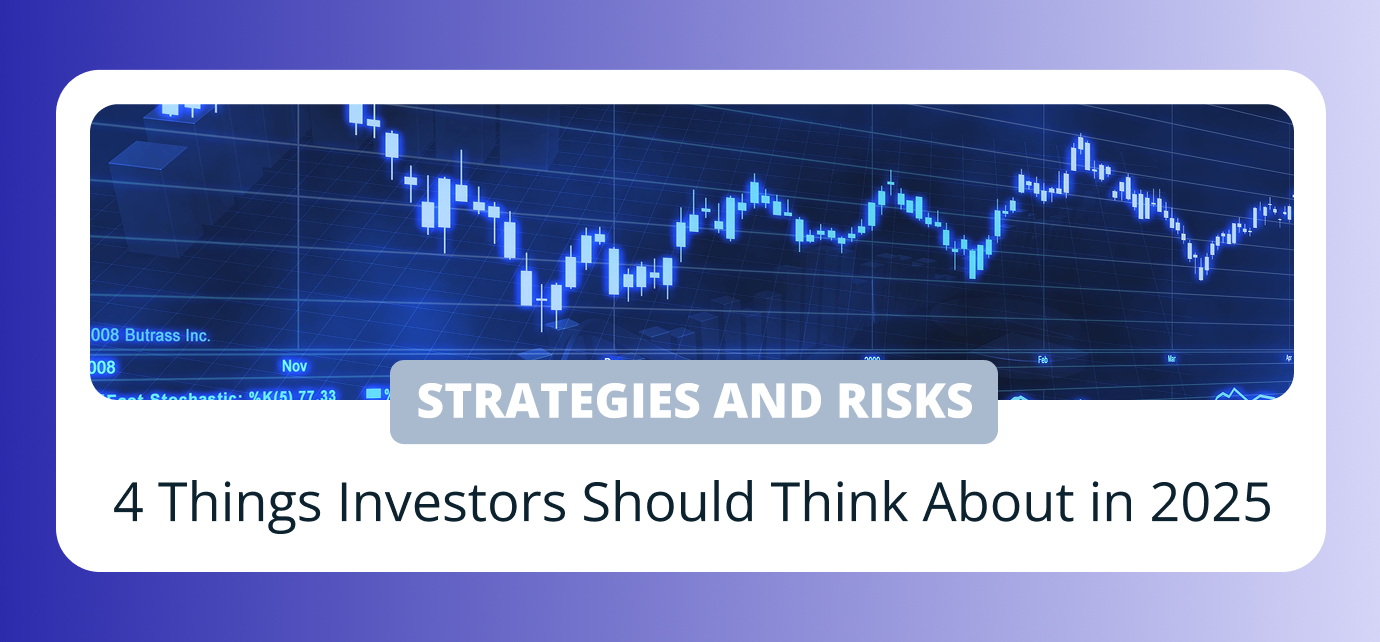Click here to get my FREE newsletter delivered straight to your email every week.
As investors, we like to think of ourselves as logical people who approach every problem with rational, sound thinking. The thing about logical people, though, is that they try to come up with universal laws that can be applied to everyone, everywhere, all the time.
Now that kind of thinking might work in physics—Newton’s Third Law hasn’t changed in 300 years—but it doesn’t hold up when you add human beings into the equation.
Even though we try to be logical, we’re still people—and people are never perfect, precise, or predictable. We’re messy, chaotic, and often contradictory, which makes it impossible to come up with universal laws of human behavior.
These ideas come from a book I’m reading right now called Alchemy by Rory Sutherland. He has a quote in there that puts it all pretty well:
Logic is what makes a successful engineer or mathematician, but psycho-logic is what has made us a successful breed of monkey that has survived and flourished over time. This alternative logic emerges from a parallel operating system within the human mind, which often operates unconsciously, and is far more powerful and pervasive than you realize. Rather like gravity, it is a force that nobody noticed until somebody put a name to it.
The “alternative logic” he’s talking about is our built-in survival instincts. It’s not always conscious or rational, but it’s always there—running alongside reason as a parallel system in the brain.
Both are essential to our survival and development as a species. Rational logic helps us solve problems in the realms of things like physics and math, but that same logical part of the brain is pretty useless when you suddenly get thrown into fight-or-flight mode. That’s when this subconscious “psycho-logic” kicks in.
The thing is, this unconscious operating system is much more powerful (and much more commonly used) than we realize. We tend to focus on logic because it’s the part we can explain. But “psycho-logic” is the wizard behind the curtain, and it shapes our behavior without us even realizing it.
This mental power struggle works no differently in our portfolios. As I said earlier, we like to think we’re behaving out of pure logic when it comes to investing—analyze the data, run the discounted cash flow calculation, and the right answer will present itself.
But the stock market is not at all like Newton’s Third Law. It’s a complex system made up of people who are all making decisions driven just as much by our inherent “psycho-logic” as by spreadsheets.
That’s why stocks aren’t always priced where the numbers suggest they should, and it’s why the stock market will never be fully efficient. Things like fear, greed, FOMO, and status all play a role in influencing a stock’s share price, along with the underlying company’s earnings and free cash flow.
And like it or not, “psycho-logic” also shows up in dividend investing.
Even as dividend investors, I think we can all agree that dividends may not always be the most efficient use of capital on paper. But they feel safe, which offers some reassurance, and that makes them more attractive than logic alone can explain.
It’s kind of like paying off the mortgage on your house. A lot of people don’t think it makes sense on paper, but once again, are the numbers the only thing that matters in this instance? Might there be other benefits to paying off your mortgage that don’t show up in the numbers?
At the end of the day, the best investors don’t ignore logic, but they also don’t pretend that it’s the only thing that matters. If you can understand when “psycho-logic” is influencing certain companies or the market as a whole, you’ll be able to see opportunities others might miss.
And if you can design your portfolio in a way that works with your own “psycho-logic” rather than against it, you’ll actually be able to stick with investing long enough to reap the rewards.
With all of that said, now I want to hear from you: What’s one investment decision you’ve made that was driven more by “psycho-logic” than actual logic? Let me know in the comments below!
P.S. — If you want to see me review a few subscriber portfolios from Snowball Analytics, I’m breaking down three of them here.
















